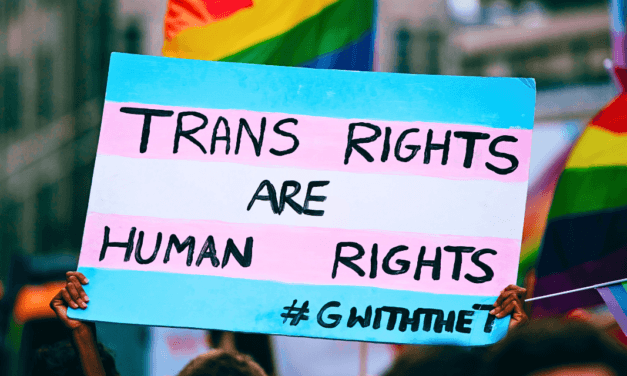Owen and Eunice Johns of Derby, England, have been married thirty-nine years, have four adult children, have cared for nearly twenty foster children over a four-year period, and they are committed Christians. They say that their Christian beliefs almost put an end to their foster parenting.
The online version of London’s Daily Mail newspaper reports that the Johns began providing weekend foster care for troubled children in 1996 but had to stop offering the service in 2000 when their catering business began to take up too much of their time. Earlier this year, they reapplied to begin offering weekend care for children ten years of age and younger. The application was initially rejected by the Derby city council but that decision was later reversed and the Johns’ application is once again under consideration.
The social services division of the Derby city council apparently rejected the application because it considered the Johns’ biblical view of homosexuality as running afoul of the United Kingdom’s recently enacted diversity standards—standards that were only passed in 2007, seven years after the Johns last provided foster care.
Eunice Johns, a fifty-nine-year-old Sunday School teacher, is quoted in various British media as saying that she was told by authorities that she and her husband would have to assure the children in their care that it’s “okay to be homosexual” if the issue was raised by the child.
“But I said my Christian beliefs wouldn’t let me do that,” she told the Daily Mail. “I said I would have to tell a child that, as a Christian, I don’t believe in homosexuality but I can give as much love and security as I possibly can.”
Johns also says she was told that she would not be allowed to take the children in her care to church.
Prior to the reversal of the decision to reject the application, Sarah Bolton, a Derby council cabinet member for children and young people, was quoted by BBC News as saying, “This is an unfortunate case. But these laws are in place for the good of the children in our care.”
BBC News also cited an unnamed council spokeswoman as saying that she could not comment on individual cases, but that the Johns’ application had been refused under the terms of the Sexual Orientation Act.
Although the Derby city council eventually notified the Johns that they could reapply to serve as foster parents, the Telegraph newspaper reports that the council did not offer any explanation for the reversal of its earlier decision. However, the Daily Mail reports the offer to reapply came after the Christian Legal Centre began preparing a bid for judicial review of the refusal. The Christian Legal Centre also suggests that support from the mayor of Derby and extensive media coverage of the case may have played roles in the council’s decision.
The Equality Act of 2007, cited by authorities handling the Johns’ case, states that it is intended to “prohibit discrimination on grounds of sexual orientation in the provision of goods, facilities, services, education, management and disposal of premises and the exercise of public functions.”
While the Act also states that it considers race, age, disability, gender, including gender reassignment, sexual orientation, and religion or belief, Eunice Johns says she believes the system disregarded her and her husband’s religion and beliefs.
“We have a lot of love to give a child. But our religious beliefs are very important to us and we felt that we had been discriminated against,” she’s quoted as saying in the Daily Mail.
The newspaper points out that although the Johns won the right to have their application reconsidered, they did not receive any guarantee that any children would be placed with them. The paper reports that some sort of compromise may be offered.
The Johns’ case is not the only one in which Christian couples in the U.K. have had difficulty becoming foster caregivers because of their religious convictions. According to the Christian Legal Centre, several similar cases have arisen in the country since 2007. Some of the cases, like the Johns’, involve prohibitions against teaching biblical views on homosexuality, others pertain to corporal punishment, and one involved a woman who was told she could no longer work on a local adoption team because she refused to place children with same-sex couples.
—Phil Fleischman








